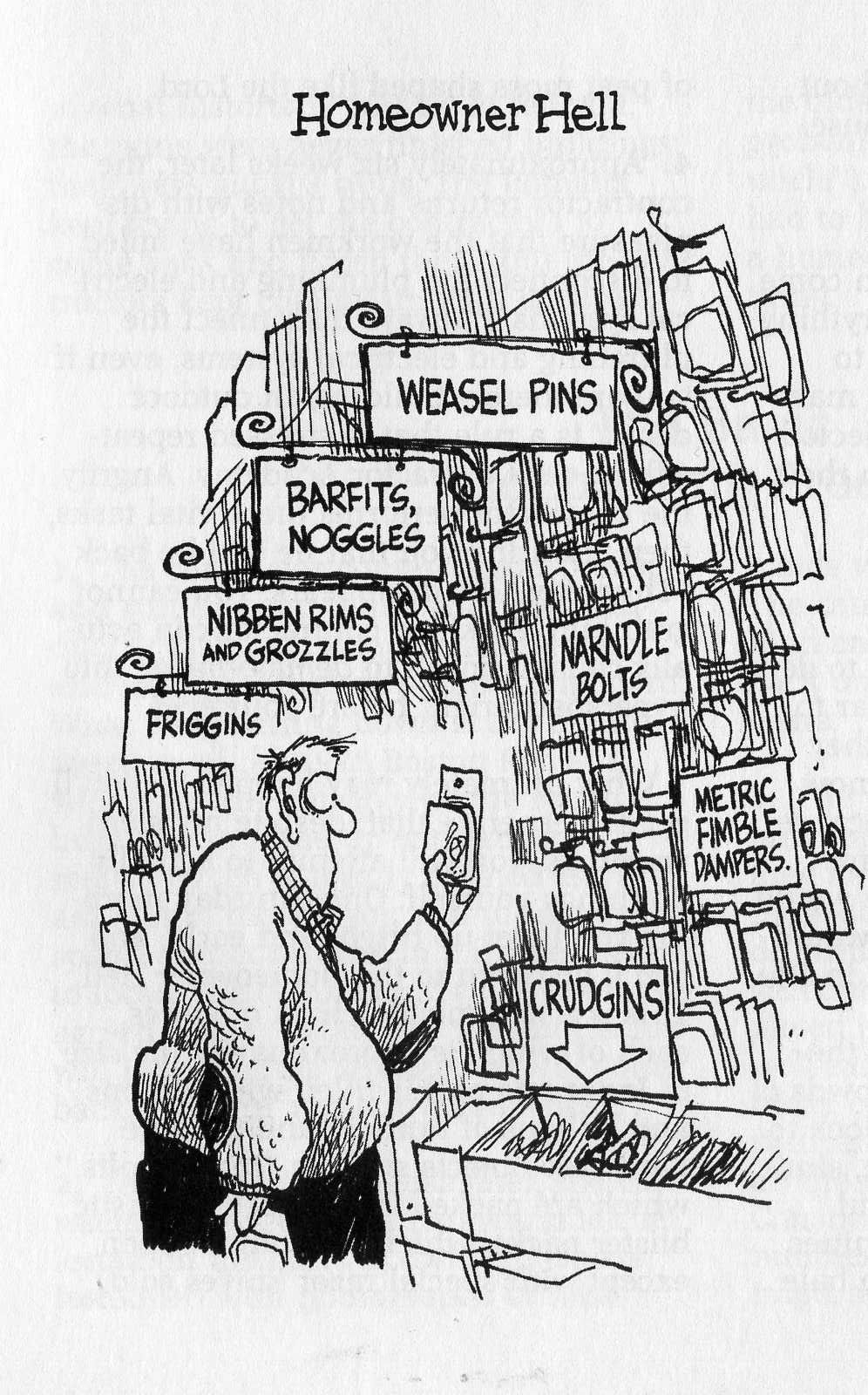Well, after reading Scipio Africanus: Greater than Napoleon, of course I picked up this book, a novel about Scipio’s adversary which I’d picked up a while back.
The book is an interesting combination of first person narrative with historical fact in that the battles are in the right order makes a pretty compelling read. We get bits from Hannibal’s childhood as the son of Hamilcar Barca and his growth into the leader of the Carthaginian army in Europe. It talks a bit about his disdain for politics and whatnot and intimates at the hard drilling between battles and the preparations that the general had to make.
Unfortunately, the book stalls a bit after the Battle of Cannae; we don’t get much about what Hannibal did in the 15 years he spend in Italy after the battle. The Battle of Zama seems an afterthought. Then the book ends with Hannibal’s death in exile.
The author made this the first of a trilogy; I would have figured out how to do it, but I guess the second are from Scipio’s point of view and the third is simply titled Carthage. The author lets us know how well researched the book is by including quotes in the original Greek throughout. So I’m sure he’s researched it quite a bit, but one cannot take the events in any novel as true. I won’t cite it in a paper.
Pretty good read if you’re into the history of the period and want something more narrative than scholarly.



